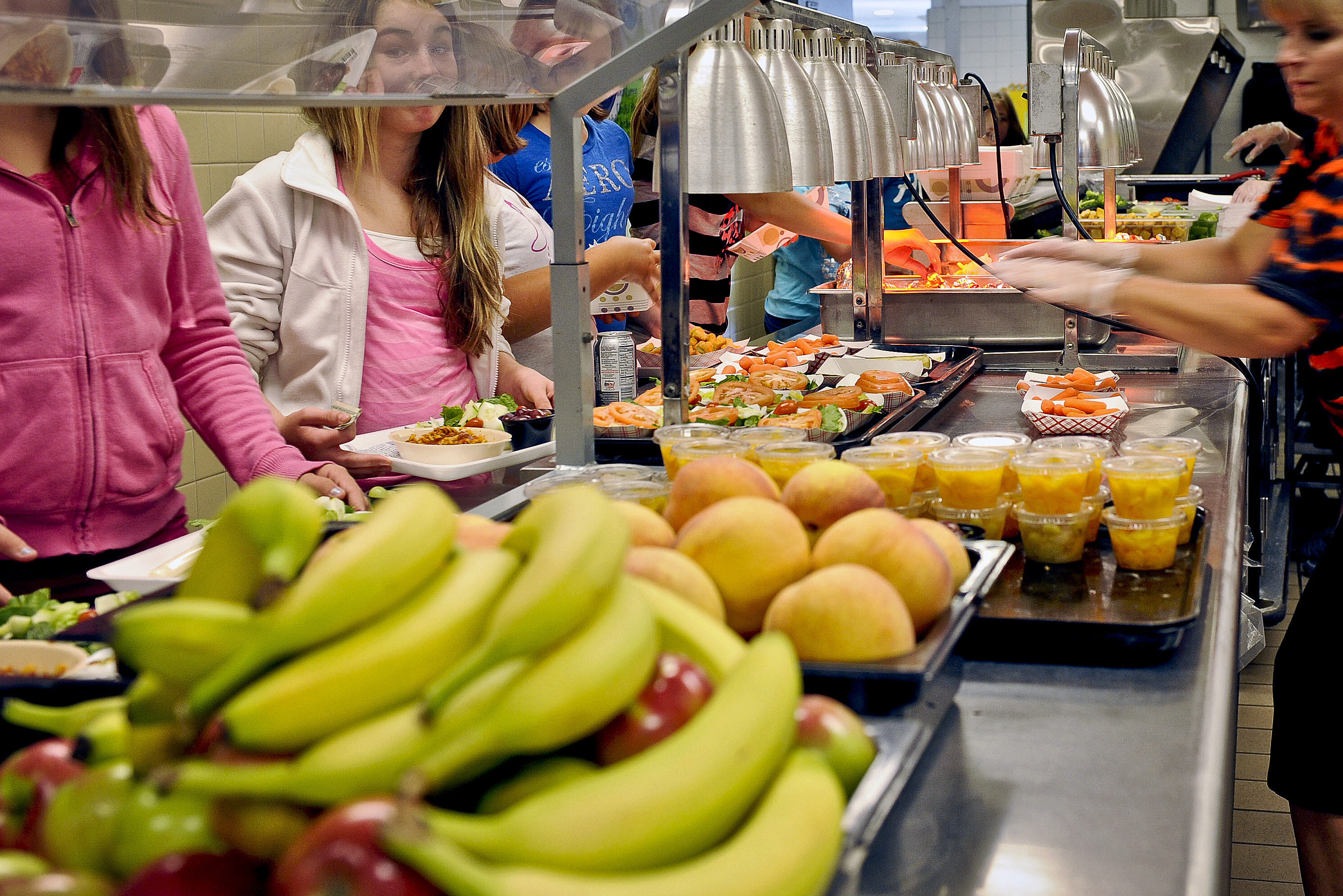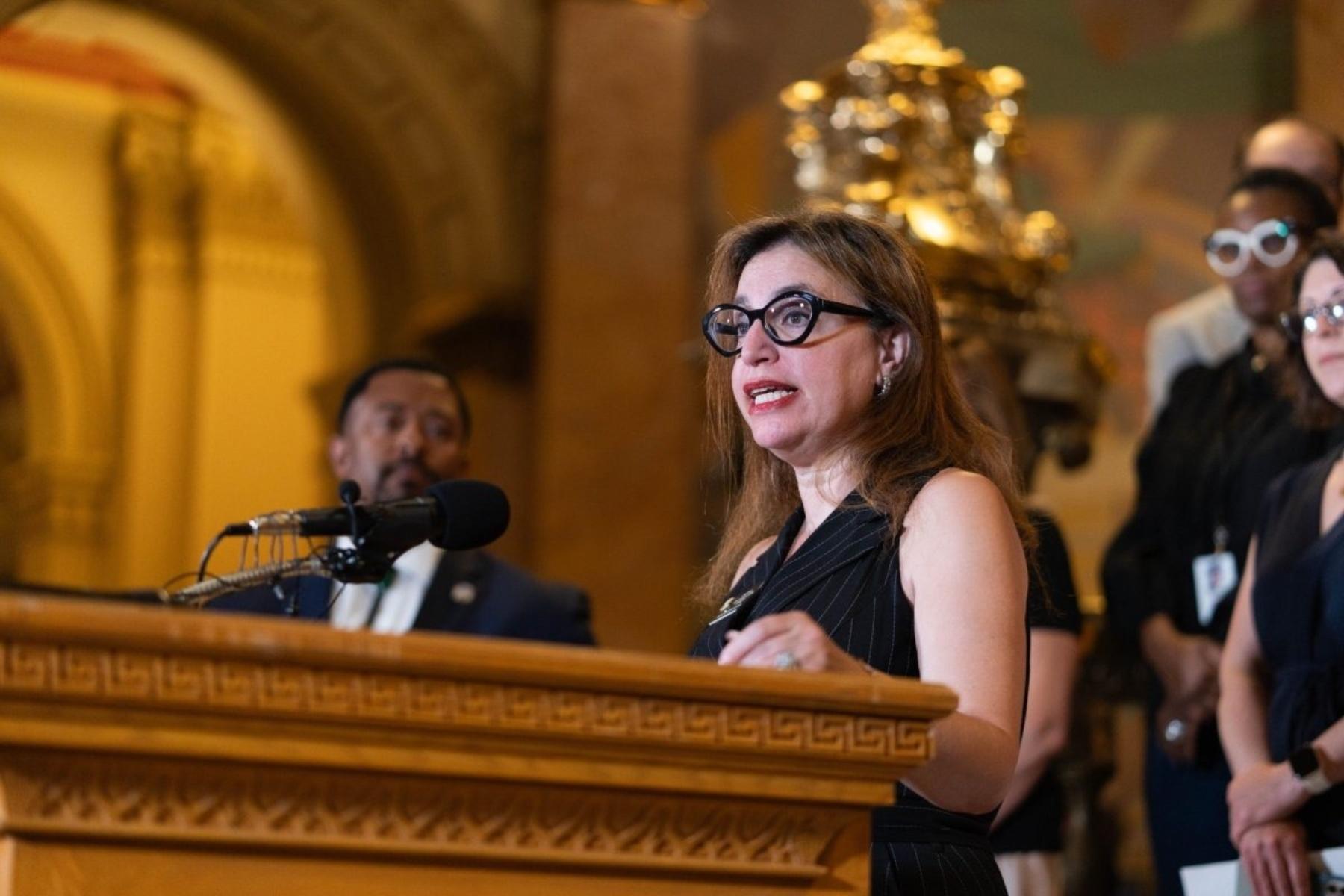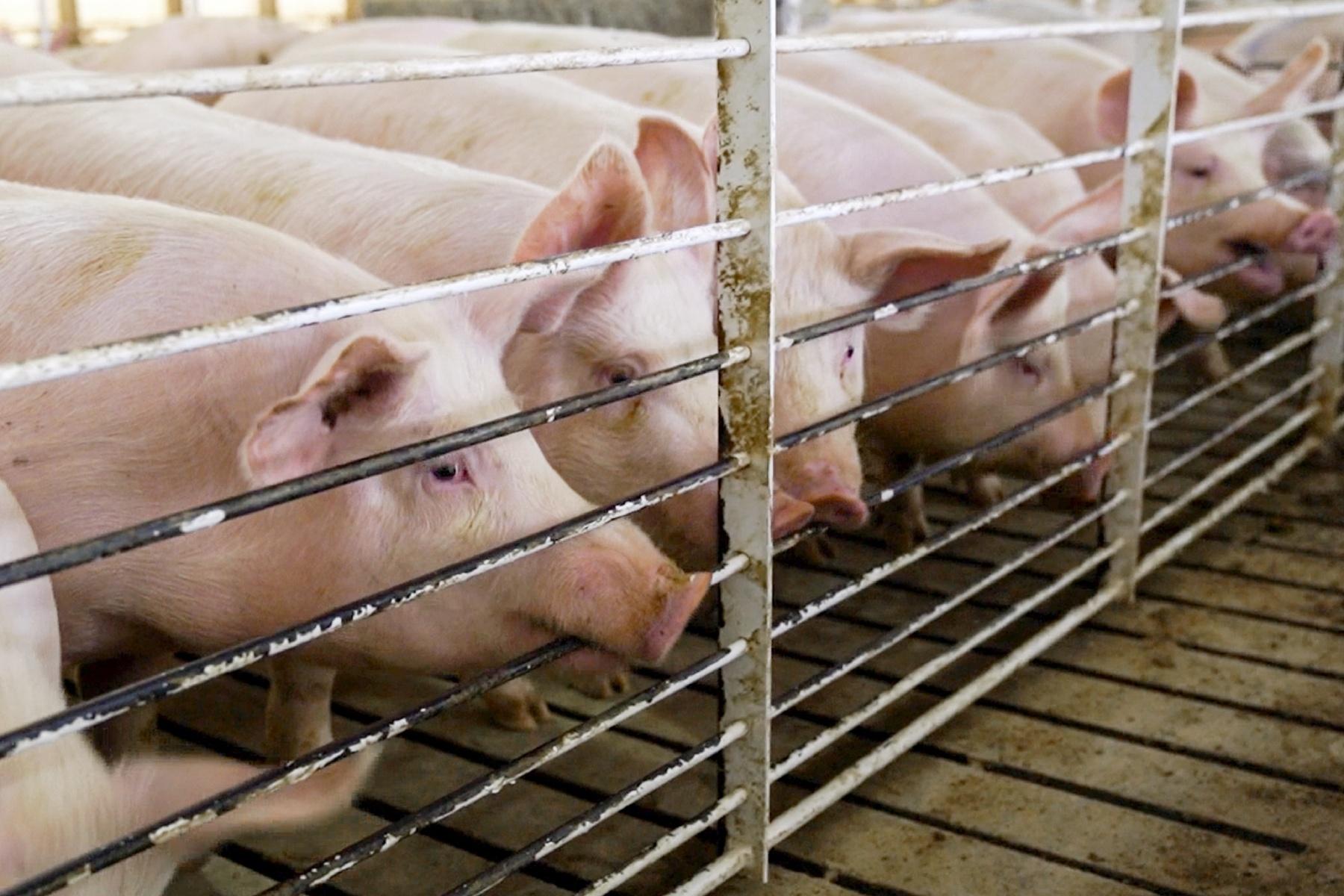
Gov. Jared Polis has signed legislation into law to refer two ballot measures to Colorado voters this November that would bolster funding for free school meals.
In 2022, voters approved Proposition FF creating the Healthy School Meals for All program to provide all Colorado students free breakfast and lunch. The program was funded by limiting income tax reductions for families making more than $300,000 a year.
Advocates call Healthy Meals a resounding success, with meal participation increasing more than 30 percent compared to the previous year.
“It has reduced the stigma associated with free and reduced lunch, helped Colorado kids succeed, and allowed families to breathe a little easier with less strain on their budgets,” said Sen. Katie Wallace, a Democrat from Longmont. “This law empowers Colorado voters to decide on the future of this beneficial program.”
But the popular program hasn’t raised enough money to cover the high demand for meals from students. It raised more than $100 million last year but had a $56 million shortfall. State lawmakers closed the gap but can’t do that forever.
The ballot measures center on whether to continue funding the program as is, increase funding, or scale it back.
One ballot measure would ask voters if the state can retain and spend state revenue on the Healthy School Meals for All program that was collected above the original estimate and would typically be refunded to taxpayers who earn over $300,000 a year — about 194,000 households. If it’s not approved, an estimated $12 million will be sent back to those taxpayers.
The second referendum asks voters to expand the program by further limiting tax deductions for those who earn over $300,000 a year. Fiscal analysts estimate the measures would generate more than $95 million for the program each year.
If at least one of the two measures is approved by Colorado voters, the law will extend the local school purchasing program, which is set to repeal after fiscal year 2025-2026. This part of the program lets schools purchase food from local farmers and ranchers.
If the measures don’t pass, cost-cutting measures would likely mean not all schools would get money to pay for free lunches for all. Only schools that participate in the Community Eligibility Provision program, which provides free lunch and breakfast to schools based on need, would qualify for free meals. But at the federal level, some Congressional Republicans want to raise the threshold for that program which could make it more difficult for schools to qualify.
Based on current meal prices, the program will save Colorado families more than $1,250 per child each year, according to Hunger Free Colorado.
This year’s state budget fully funds the meal program through the end of December.
“Colorado children should never have to worry about where their next meal is coming from,” said Rep. Lorena García, a Democrat from Unincorporated Adams County. “The Healthy School Meals for All program has improved the health and educational success of Colorado students. Now, Colorado voters will be able to decide if we continue this program to reduce childhood hunger or will have to scale it back.”









